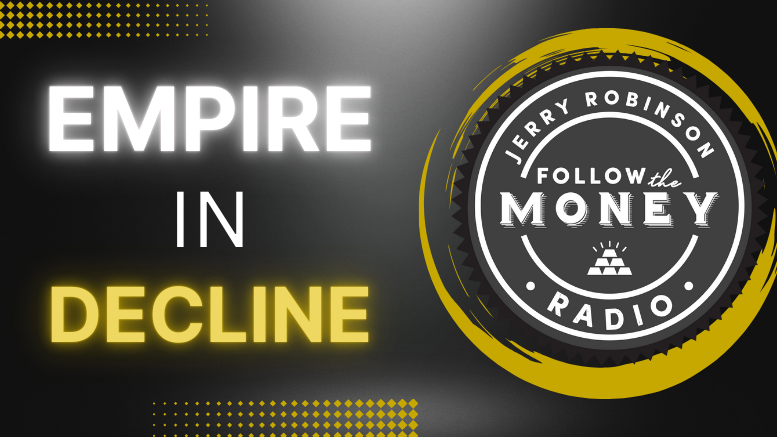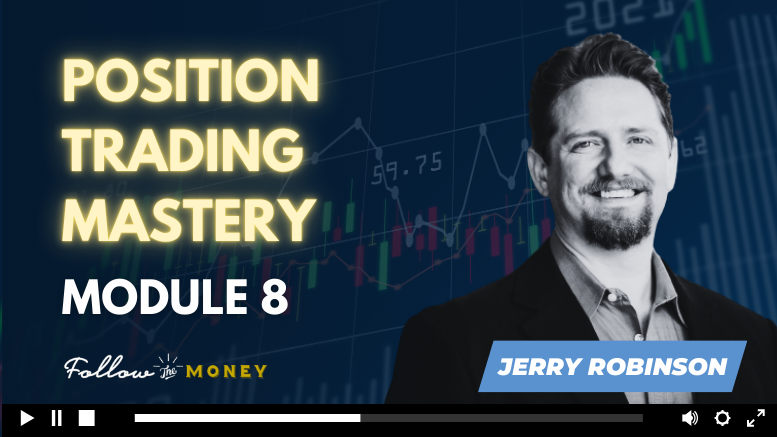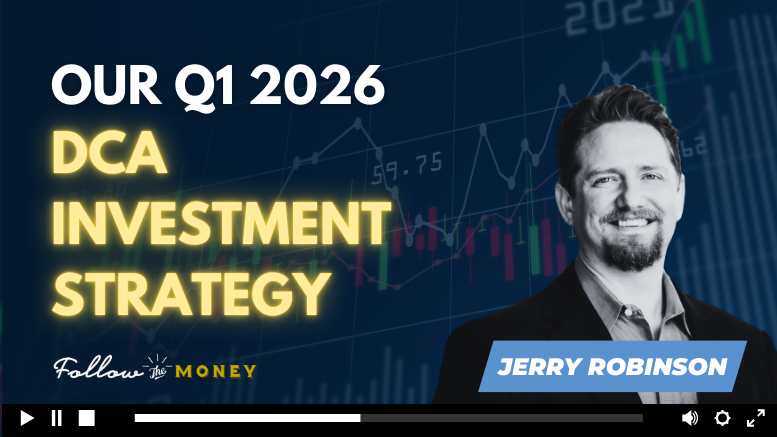(FOX BUSINESS) – Wall Street's recent turmoil has many investors questioning whether they will have enough to retire the way they've always dreamed, or to retire at all, for that matter.
Whether your post-work life is just around the corner or far away in the distance, there's never a bad time to reevaluate your definition of retirement: what it means ideologically and financially.
"How you answer that question has very important implications about where you're going to be and what you're going to spend," says author and certified financial planner Eleanor Blayney. "There's so many demands on the dollars we thought we'd be using in our 60s or 70s. Retirement used to be a going away from the workplace. Now it has to be thought of as 'what am I going toward?'"
When it comes to retirement planning, it is important to evaluate the big picture: desired lifestyle, trips and activities to pursue and of course, financial security and retirement.
"You have to be much more active in [retirement], you're also at the point of life where you're at the maximum complexity of financial issues," Blayney says.
Deciding how much resources retirees will need and when to pull them, is tricky and people generally do a poor job of it, according to experts. Research from the Society of Actuaries shows that that 49% of retirees and near-retirees plan for 10 years or less of retirement.
A certified financial planner or money manager can help investors understand complicated tax, estate and retirement demands, but before going it's important to have a plan.
Here are five questions every investor needs to ask regarding planning for retirement:
Keep reading > >






